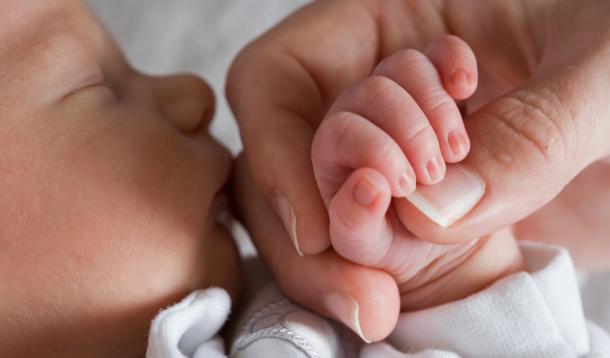
Parents laugh when I joke that my children (not I) decided I was going to become a parenting educator. I was quite happy helping clients with their trauma recovery work, and then I had kids.
To my great surprise, having children brought out the worst in me (at first). I expected parenting to be more joyful than it actually was, but my reality was that I spent a lot of time crying when my children were born.
As a psychotherapist, I realized what I was doing to sink my own ship and enlisted the help of trusted colleagues to pull me through. I don’t think we do a good enough job of admitting how hard parenting can be sometimes. There are moments, which are mind numbing, exhausting, and frustrating—we need to talk more about this and what we can do to get the help we need.
I was surprised to discover that 1 in 5 women and 1 in 10 men in Canada experience a Postpartum Mood Disorder (depression, anxiety, blues, or psychosis). These are numbers much higher than I anticipated.
I turned to local groups to better support parents and found one called Life With A Baby, located in Ontario. I was chatting with Claire Kerr-Zlobin, the founder of that organization and a mother who experienced PPD, who shared these two misconceptions about Postpartum Depression:
1. You can experience Postpartum Mood Disorder and still be in love with your baby. Many think this isn’t the case. I mention this because I want parents and their partners to reach out for help before talking themselves out of it by saying, “I still love my baby, so I guess I don’t have PPD.”
2. The media mostly reports cases of Postpartum Psychosis (PPP), not PPD. After Lisa Gibson and her two children passed away, I jumped on my computer to write a post (here is the link to that one), wanting to make sure the media didn’t portray her as a “monster.”
Extreme cases of PPP are usually what we see in the news, which can sometimes confuse parents who might think their own thoughts aren’t serious enough to warrant seeking help. PPD has a wide range of feelings, thoughts, and associated behaviours—some parents cry often and some have a strong urge to walk out the door (I had both) or hurt their children.
Dr Cindy-Less Dennis presented at a recent Life With A Baby conference, where she shared that social supports prevent depression up to fifty percent of the time. Many moms become isolated and experience a private hell. Knowing this can be avoided has become Kerr-Zlobin’s personal mission—prevention is the key for her. Her belief is that, “All new parents deserve a healthy start for their families.”
If you are struggling in any way, please reach out. Here are links to two excellent groups with PPD and PPP support information:
If you happen to golf, we’d love for you to join us in a fun tournament to raise funds for PPD support, on July 7th, at Thornhill Golf and Country Club. Please click here for more information. I will be there! I’d appreciate very much if you’d share the information for this event, so those who are past this phase can lend a hand, too.
And remember:

I continually post free parenting support on my Facebook page—please feel free to learn and ask your questions there.
My name is Sharon and I had postpartum depression with both my children. This is my story . . .
Do Dads Get Depressed, Too? Apparently they do, but nobody, especially the media, seems to care.